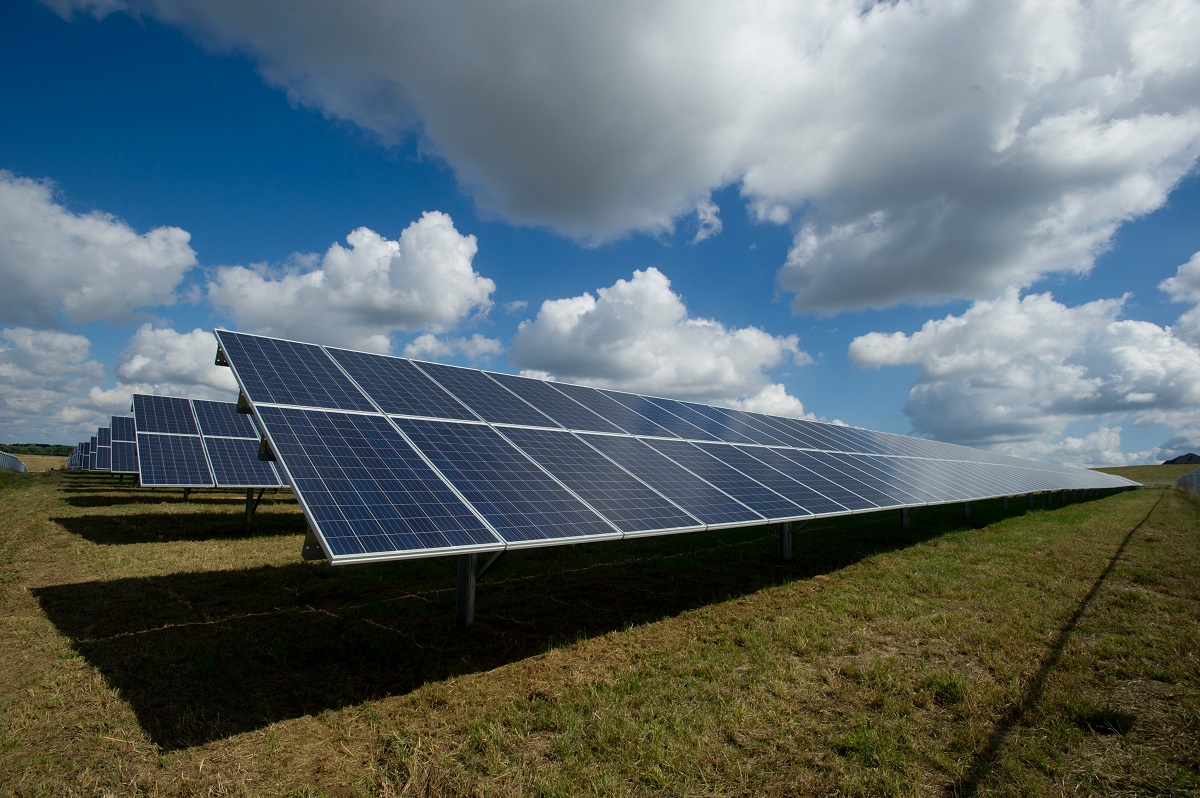On behalf of its 700+ member firms, the American Clean Power Association (ACP) has unveiled the Energy Transition for All project, an industry-wide strategy to guarantee that employees, communities, and those traditionally left behind benefit from the US clean power sector’s fast expansion. The campaign began today with the publication of a report outlining industry targets for several years for reaching those objectives.
Renewable energy now accounts for around 13% of total electricity generation in the United States. According to the American Clean Power Association, by 2030, the clean energy industry may account for up to half of all electricity produced in the United States, creating 500,000 jobs, drawing $700 billion in additional investment, and fundamentally redefining how power is produced and supplied across the country.
By fostering diversity and inclusion across the renewable energy sector, the Energy Transition for All program aims to provide possibilities for employees in underserved regions and assist promote local economic growth.
The Energy Transition for All study identifies a set of duties and activities that the clean energy sector will undertake in the future years across three pillars:
- Pillar #1: Expand opportunity for workers, especially those from transitioning and historically disadvantaged communities
- Pillar #2: Create value for communities through supply chains, targeted investments, and local economic development
- Pillar #3: Lead in diversity and inclusion, striving towards a workforce and leadership teams that are representative of the communities we operate in.
As part of this long-term endeavor, ACP and its members will undertake projects across these three areas. In addition, member firms and ACP will collaborate with local and national groups and officials to provide knowledge, implementation support, viewpoints, and networks to help them promote an energy transition that benefits everyone. The focus and areas of commitment will change as the energy business and the external environment change.
The research also highlights a wide range of existing clean energy sector programs that provide economic opportunities for transitioning employees and communities, as well as increasing the engagement of diverse and underrepresented groups in the industry.

